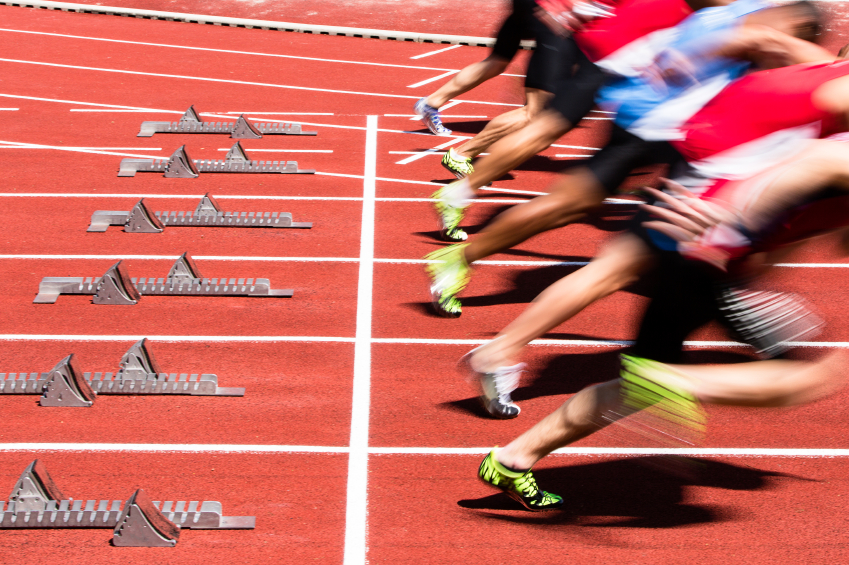3Qs: Life after the Olympics

For some Olympic athletes, many years of dedication and hard work is rewarded in the form of a shiny gold medal. But most Olympians fall short and, in some cases, never compete again. We asked Justine Siegal, the director of sports partnerships for Sport in Society, a Northeastern University research center, to explain how elite athletes fare in making the transition from Olympic competition to everyday life.
How successfully do former Olympians transition from the role of elite athletes to regular college students or job seekers, and what challenges do they often face?
Elite athletes often have difficulty making the transition from their role as athlete to that of nonathlete. Statistically speaking, some 20 percent of elite athletes report the need for assistance in making the psychological adjustments necessary to cope with their career termination.
Helping athletes to both prepare for and cope with retirement has been shown to lower career transition distress and facilitate the transition process. To help ease the process, athletes need to learn how to transfer the skills they have used in sport to a new career.
Examples of transferable competencies include goal setting, planning and time/stress/energy management. The earlier the athletes prepare for life outside of competing, the easier and more successful that transition is likely to be.
The number of opportunities for Olympic athletes to endorse products and become company spokespeople has increased over the last several years. How could these opportunities impact an athlete’s identity?
For better or worse, commercialism is now a part of the Olympic lifestyle. The pursuit of sponsorship has changed not just the sporting world but the athletes themselves. Athletes are the brand — and that brand is expanded through various avenues including print, sponsorships and social media.
This exposure does affect the athlete’s identity but to what degree is dependent on the athlete’s view of self. The stronger the sense of self-identity, the healthier the athlete’s identity will be. By knowing one’s self, athletes become better able to ward off the challenges of becoming what others perceive them to be instead of who they want to be.
Olympic athletes spend the bulk of their youth training for the Games. What kind of psychological impact could failing to achieve their Olympic dreams have on the rest of their lives?
When athletes train at an elite level from a young age, the psychological trauma can be great. Their sense of self is often built around their athlete identity. Who they are, what their purpose is, and what they do each day is often predetermined for them by their sport aspirations. But athletes need balance in their lives.
An athlete identity must be only one part of a holistic self-identity. Athletes should understand their sport is what they do but it is not who they are. When athletes understand they are not their sport and that who they are is not wrapped up in wins and losses, there is a greater chance for healthy psychological development. Being balanced helps athletes appreciate their journey and when needed, find a new destination.




